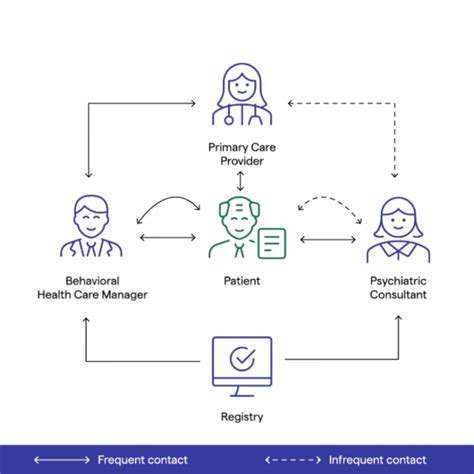How to Meal Prep for a Busy Travel Schedule
Efficient Meal Prep Strategies for Different Trip Types
Packing for a Weekend Getaway
Weekend getaways often require a balance of convenience and deliciousness. A key aspect of successful meal prepping for a weekend trip is to choose meals that travel well and don't require extensive reheating. Salads with pre-cooked proteins like grilled chicken or chickpeas, or even a batch of individual pasta salads, can be packed in reusable containers and are refreshing and satisfying. Consider including a small cooler for perishable items like yogurt or fruit to maintain freshness throughout the trip. Don't forget snacks like granola bars or trail mix for quick energy boosts between meals. Proper planning and preparation can significantly enhance your enjoyment of the weekend trip, freeing you from the hassle of restaurant dining.
Another crucial element for a weekend getaway is minimizing the need for cooking upon arrival at your destination. If you're staying in a vacation rental or Airbnb, ensure your meal prep includes dishes that can be easily reheated or enjoyed cold. This saves you time and energy, allowing you to relax and enjoy the experience. Pre-portioned containers for each meal help with this. It's also a good idea to pack any necessary utensils, napkins, and condiments to avoid any unnecessary stops at convenience stores.
Preparing for a Multi-Day Camping Trip
Camping trips demand a different approach to meal prep. Portability is paramount. Lightweight, non-glass containers are essential for minimizing weight and preventing breakage in your backpack. Consider utilizing foil packets for meals like foil-baked chicken or vegetables for easy cleanup and minimal mess. Dehydrated meals or freeze-dried options are excellent choices for their lightweight nature and ease of preparation. Pre-portioned meals are a must for efficient storage and portion control. It's important to account for the space limitations of your campsite gear and plan your meals accordingly.
For a multi-day camping trip, focus on meals that require minimal cooking. Think one-pot meals or meals that can be quickly prepared over a campfire or portable stove. Don't forget the importance of hydration. Pack plenty of water or other beverages, and include energy-boosting snacks for the journey. Proper planning and preparation will ensure you have nutritious and delicious meals throughout your camping adventure.
Efficient Meal Prep for a Business Trip
Business trips often necessitate quick and easy meals to maintain productivity. Salads, wraps, or sandwiches are excellent choices for their portability and ease of consumption. Pre-cut vegetables and proteins can save time during your busy schedule. Invest in reusable containers for both your meals and snacks. Ensure your meal prep includes options for both breakfast, lunch, and snacks. This will allow you to maintain a consistent energy level throughout the day.
For business trips, focusing on quick and easy-to-eat meals is key. Think about the availability of microwaves or refrigerators in your hotel room or office. Adjust your meal prep accordingly to ensure your meals are ready for consumption with minimum effort. Having a variety of meal options can enhance your experience, whether you are on a short or long business trip.
Long-Term Meal Prep for Busy Weekdays
Busy weekdays require a streamlined meal-prep strategy that ensures consistent, nutritious meals throughout the week. Batch cooking is a powerful tool for efficient meal prep. Preparing large portions of proteins like chicken or beans can be utilized in multiple meals. Pre-portioning ingredients for individual meals reduces the time spent cooking each night. Utilizing a meal prep schedule can streamline your process and ensure that you have healthy, readily available meals for the entire week. This reduces the likelihood of unhealthy, rushed meals when time is tight.
Long-term meal prepping is crucial for maintaining a healthy and balanced diet during a busy week. Planning your meals in advance can significantly reduce stress and ensure you consume nutritious food. By strategically planning meals, you can ensure that you have healthy and satisfying meals throughout the week. This can save time and reduce the likelihood of unhealthy choices when you're pressed for time.
Staying Organized and Avoiding Food Waste
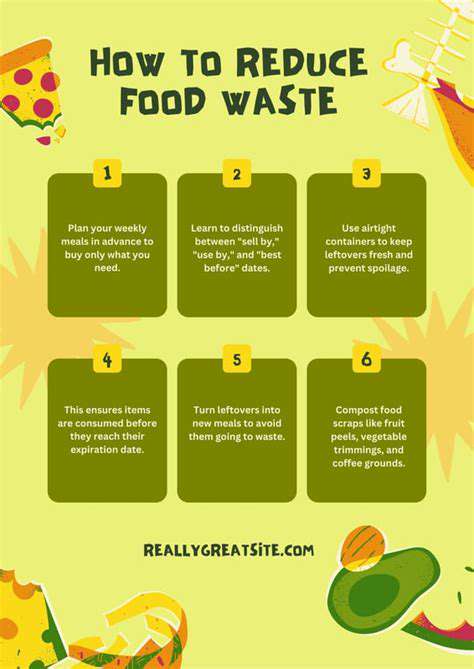
Staying Organized for a Smooth Workflow
Maintaining a well-organized workspace is crucial for productivity and minimizing frustration. A cluttered environment often leads to wasted time searching for misplaced items, hindering progress on important tasks. By establishing clear systems for storing and retrieving files, documents, and tools, you can significantly improve your workflow and focus on achieving your goals. Implementing a consistent filing system ensures that everything has its designated place, making it readily accessible when needed.
Prioritizing Tasks for Effective Management
Effective task management is essential for maximizing productivity and achieving desired outcomes. Prioritizing tasks based on urgency and importance allows you to focus on what matters most, leading to a more efficient workflow and minimized stress. This includes using tools like to-do lists, calendars, or project management software to organize and track your progress. Prioritizing tasks helps you avoid feeling overwhelmed by a large workload and allows you to break down complex projects into more manageable segments.
Time Management Techniques for Optimal Productivity
Mastering time management is key to success in any endeavor. Implementing effective time management techniques can significantly boost productivity and reduce stress associated with deadlines. Techniques such as the Pomodoro Technique, time blocking, and the Eisenhower Matrix can help you allocate your time wisely, improve focus, and stay on track. By strategically allocating time for different tasks, you can optimize your workflow and ensure that you're making the most of each day. This also allows for better work-life balance.
Utilizing Digital Tools for Streamlined Organization
Leveraging digital tools can significantly streamline your organizational efforts. Software applications and online platforms offer powerful features for managing tasks, files, and schedules. These tools often provide features such as reminders, notifications, and collaboration options, ensuring that you stay on top of your commitments. Digital tools provide a centralized hub for all your information, making it easily accessible from anywhere with an internet connection. They also help you stay on top of project timelines and deadlines.
Creating a Dedicated Workspace for Focus
A designated workspace, whether at home or in the office, can significantly impact your focus and productivity. A dedicated workspace fosters a sense of structure and helps you mentally separate work from other aspects of your life, allowing for better concentration. Creating a comfortable and organized workspace will also minimize distractions. This focused environment can lead to improved efficiency and reduced stress, ultimately boosting overall productivity. The physical separation of work from other activities helps maintain mental clarity.
Avoiding Procrastination to Enhance Output
Procrastination can significantly impact productivity and lead to missed deadlines. Identifying the root causes of procrastination and developing strategies to overcome it can make a huge difference in your output. Techniques like breaking down tasks into smaller, more manageable steps, setting realistic deadlines, and eliminating distractions can greatly reduce procrastination tendencies. Procrastination can create unnecessary stress and anxiety, and proactive steps to address it are vital for maintaining a positive and productive environment. Understanding your personal triggers for procrastination is essential for developing effective countermeasures.
Minimizing Distractions for Enhanced Concentration
Minimizing distractions is crucial for maintaining focus and maximizing productivity. Identifying and eliminating distractions, both internal and external, can greatly enhance concentration. This includes turning off notifications on your devices, creating a quiet workspace, and taking regular breaks to avoid burnout. Minimizing distractions allows for more focused work sessions, resulting in higher quality output and increased efficiency. Creating a dedicated workspace free from interruptions is a key element in avoiding distractions.
Read more about How to Meal Prep for a Busy Travel Schedule
Hot Recommendations
-
*Guide to Managing Gout Through Diet
-
*Best Habits for Financial Well being
-
*How to Build a Routine for Better Mental Health
-
*How to Eat Healthy on a Budget [Tips & Meal Ideas]
-
*Guide to Practicing Self Acceptance
-
*How to Incorporate More Movement Into Your Day
-
*Guide to Managing Chronic Pain Naturally
-
*Guide to Building a Reading Habit for Well being
-
*Top 5 Weight Loss Supplements That Actually Work
-
*Best Exercises for Postpartum Recovery [Beyond Abdominal Work]
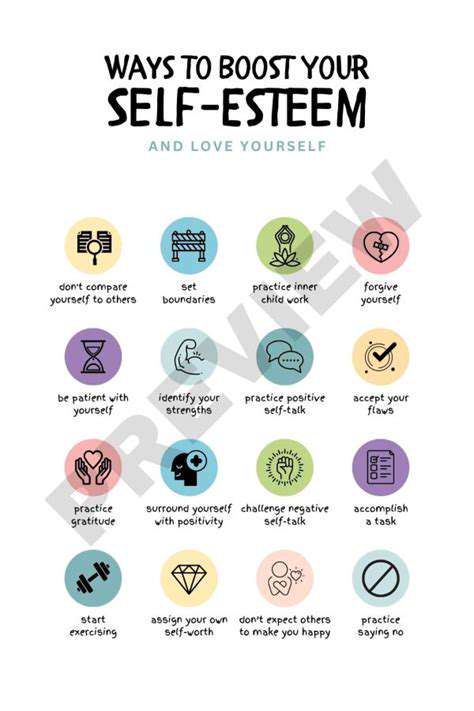



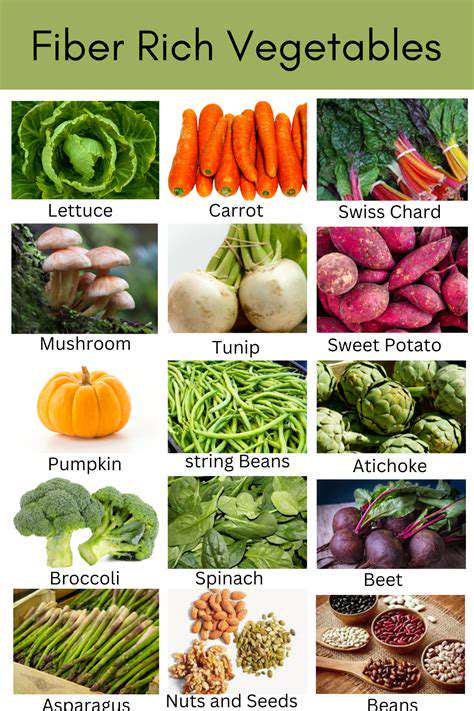

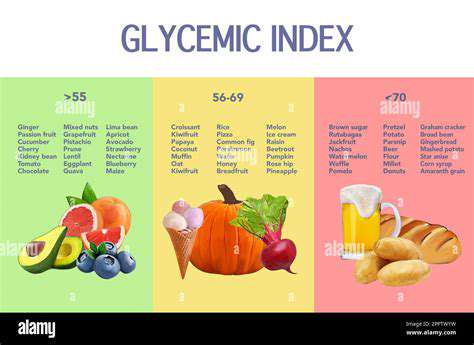
![Guide to Quitting Smoking for Good [Strategies & Support]](/static/images/26/2025-07/RewardingYourselfandCelebratingMilestones.jpg)



